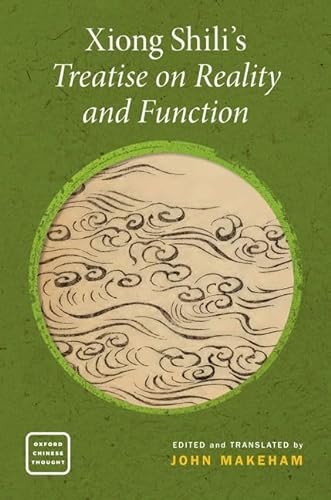

Most ebook files are in PDF format, so you can easily read them using various software such as Foxit Reader or directly on the Google Chrome browser.
Some ebook files are released by publishers in other formats such as .awz, .mobi, .epub, .fb2, etc. You may need to install specific software to read these formats on mobile/PC, such as Calibre.
Please read the tutorial at this link: https://ebookbell.com/faq
We offer FREE conversion to the popular formats you request; however, this may take some time. Therefore, right after payment, please email us, and we will try to provide the service as quickly as possible.
For some exceptional file formats or broken links (if any), please refrain from opening any disputes. Instead, email us first, and we will try to assist within a maximum of 6 hours.
EbookBell Team

0.0
0 reviewsDevelops a mature version of the "non-duality of Reality and function" thesis, in which Xiong insists not only on the ontological parity between ti and yong, but also on their ontological identity.
Advances a systematic critique of both Madhyamaka and Yogācāra Buddhist thought.
Xiong Shili (1885-1968) is widely recognized as a founding figure of the modern New Confucian school of philosophy and seen by many as one of the most important and creative Chinese philosophers of the twentieth century. His ultimate concern throughout his long intellectual career was to show that "Reality (ti) and function (yong) are non-dual." Reality is the "locus" that ontologically grounds the phenomenal yet is not different from the phenomenal. His onto-cosmology draws syncretically on a diverse range of resources in the Chinese philosophical tradition to construct his own overarching metaphysical vision, articulated within the broader context of advancing a systematic critique of both Madhyamaka and Yog=ac=ara Buddhist thought, the culmination of nearly four decades of critical engagement. Treatise on Reality and Function (Ti yong lun) is the mature expression of Xiong's signature metaphysical doctrine. Published in 1958, Xiong considered it to be his most important philosophical achievement, but it has never before appeared in English. This annotated translation by John Makeham presents the text along with the original foreword attributed to Han Yuankai, and Xiong's original preface.